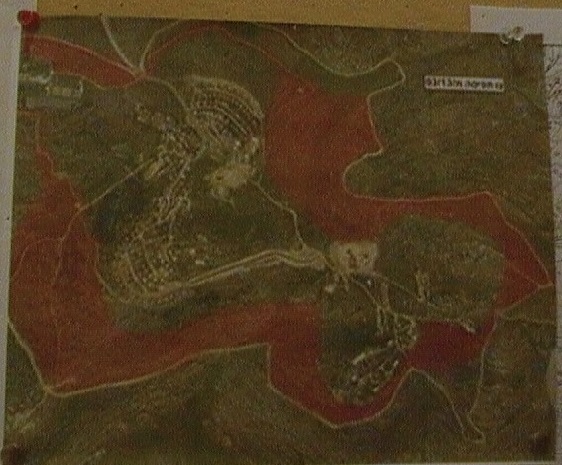Tag: Land confiscation
-
Israel shifts Oslo accord borders to continue to prevent Palestinians from using their land and building homes
10th August 2013 | International Solidarity Movement, Nablus Team | Huwwara, Occupied Palestine Maher from the village of Huwwara close to Nablus, is one of many Palestinians who has been tricked into thinking that Palestinians have the power to issue building permits in areas labelled as ‘B’ under the Oslo accords. Maher owns land designated…
-
Land grab in Qaryut; residents fear illegal settlement expansion
16th July 2013 | International Solidarity Movement, Nablus Team | Qaryut, Occupied Palestine On the 3rd of July 2013, settlers from the illegal colony of Shilo bulldozed land belonging to Qaryut, destroying around two hundred recently planted olive trees. Citizens of Qaryut are now concerned that new houses for the illegal settlement are being built…
-
Land confiscation continues in Awarta
24th June 2013 | International Solidarity Movement, Nablus Team | Awarta, Occupied Palestine Awarta, a small village south east of Nablus, faces constant intimidation from the Israeli army and nearby Itamar settlement. In the past month, the Israeli Civil Administration handed out two land confiscation orders to residents of Awarta. The first one, three weeks…

